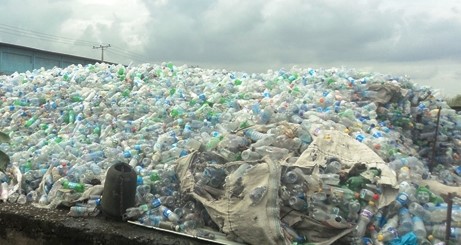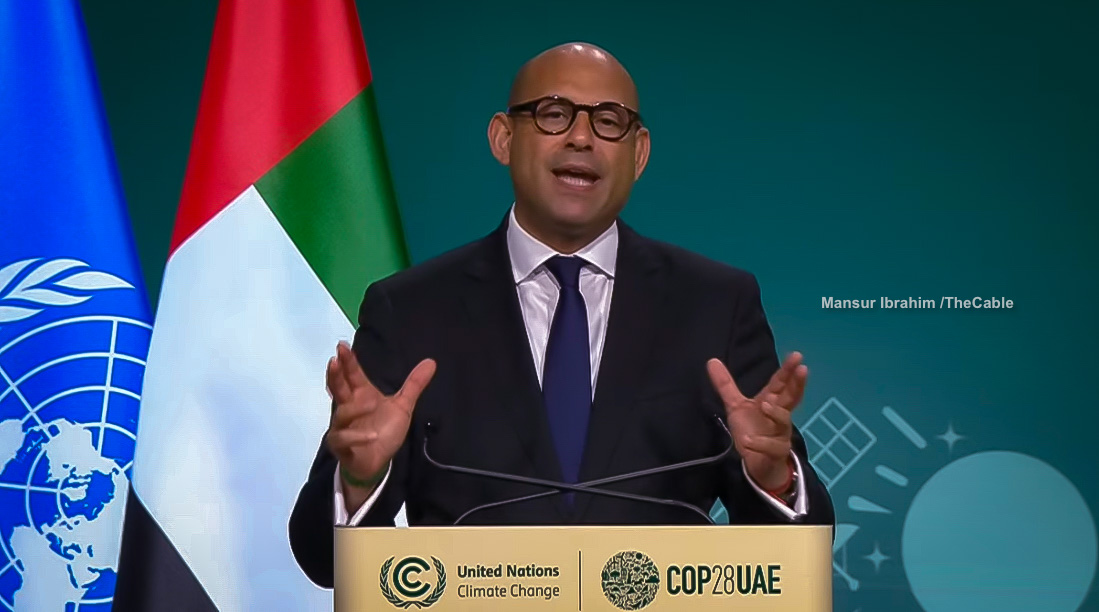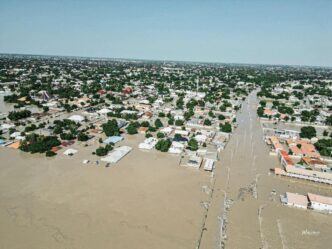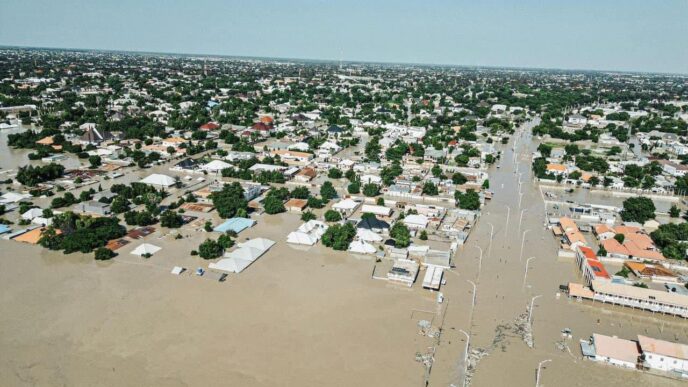Lagos accounted for the most plastic pollution of any city in the world according to a new study.
The study titled: ‘A local-to-global emissions inventory of macroplastic pollution’, was released on Wednesday by the Nature journal.
It stated that several mega cities stood out as key hotspots of plastic emissions, including Juba in South Sudan and Nouakchott in Mauritania.
Others are New Delhi, Luanda in Angola, Karachi in Pakistan, and Al Qahirah in Egypt.
Advertisement
“On an absolute basis, we find that plastic pollution emissions are highest across countries in Southern Asia, Sub-Saharan Africa and South-eastern Asia with the largest amount emitted by India, equivalent to nearly one-fifth of global plastic emissions,” the study said.
“In contrast to previous plastic pollution models that positioned China as the world’s highest plastic polluter, it is ranked fourth in our results, with emissions of 2.8 Mt year−1, less than Nigeria and Indonesia.”
The report noted that the world generates 57 million tonnes of plastic pollution annually, with more than two-thirds of it coming from the global south.
Advertisement
India leads the world in generating plastic pollution, producing 10.2 million tonnes a year (9.3 million metric tonnes), more than double what Nigeria and Indonesia emit.
The report also found that Pakistan, Bangladesh, Russia and Brazil account for more than half of the world’s plastic pollution, with China ranking fourth on the chart.
It also said the United States ranks 90th in plastic pollution with more than 52,500 tonnes (47,600 metric tonnes), and the United Kingdom ranks 135th with about 5,100 tonnes (4,600 metric tonnes).
“This lower contribution to plastic emissions from China reflects our use of more up-to-date data that shows its substantial progress in adopting waste incineration and controlled landfill,” it said.
Advertisement
“We suggest that interventions to reduce uncollected plastic waste would focus on upstream material reduction to reduce waste generation and/or substantial improvement of waste collection services and infrastructure, and our emissions inventory sets a detailed basis for this.
“Mitigating plastic waste emissions will require a multi-sectoral approach that includes addressing insufficiencies across the lifecycle, including redesign of product systems, source reduction and improving recycling systems worldwide.”
Add a comment







